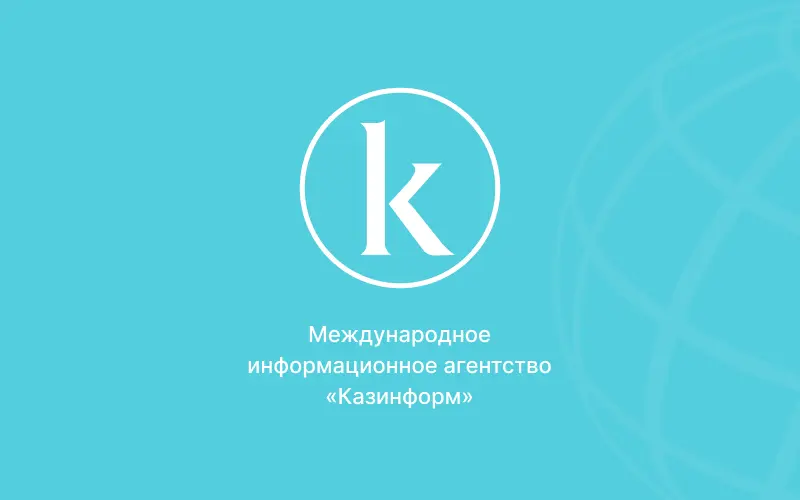Hungarian university good example of European education
12:18, 19 May 2009
ASTANA. May19. KAZINFORM /Rizvana Sadykova / The Hungarian language which belongs to the Finno-Ugric group of languages is a rare and one of the most difficult languages along with Russian and Chinese. After ten months of intensive study almost all students were fluent in Hungarian, the immersion method proved to be very effective, says Sheryazdanova Kamilla, a UN scholar, alumnus of the Eotvos Lorand University in Budapest (ELTE), PhD, Senior Lecturer of the International Relations Department of the Lev Gumilyev Eurasian National University.

Could you tell about yourself, your family. Why did you choose to study in Hungary?
I was born in 1979 in Almaty in the family of scholars. My father is a Professor, Doctor in Physics and Mathematics, mother is Doctor in Psychology; hence it was predetermined that I would choose the scientific path. In 1996 I graduated from a brilliant specialist English school and won a UN scholarship to study at the Yanosh Kodolani Institute of Hungarian Language.
You have mentioned that the Hungarian language is one of the most difficult languages. How could you manage to become so excellent in it?
Hungarian is truly a very difficult language, yet after ten-month intensive course and the immersion method all students could speak Hungarian very well. One can easily learn a foreign language with such a method. This was a very interesting experience. The teachers told us about the culture and history of Hungary, organized country tours. As a result I fell in love with this country and this city.
In 1997 I entered the ELTE, State and Law Department. The study at the university was very arduous; it was very difficult to follow the lectures in Hungarian. However, one learns to get used to hardships. The teaching was on the high level, and I glad that I have learnt this language and studied in Budapest for 7 years, although I have not used this language for 5 years now.
What do you think about the beginning of your professional career? What made you decide to pursue doctorate? Is there anything in your experience you would you like to share with our readers who want to pursue scientific carrier?
In 2003 I graduated and received Doctor?s degree in legal and political sciences. And like all Bolashak alumni I state it is very hard to find a job upon return to Kazakhstan without a three-year experience minimum. The process of diploma confirmation was very complicated. There are a lot of things that the Public Service Agency should work on.
I started my professional career as a Senior Lecturer of the Center of Psychological Research в of the Kazakh Law University. Since 2004 up to now I have been working at the Eurasian National University as an Assistant Professor of the International Relations Department. I read lecturers on Activity of International Organizations in Central Asia, Process of the World Integration, Diplomatic Protocol and Etiquette.
I decided that I can realize my ideas better if I pursue Doctor?s degree in political sciences. While pursuing the degree I have twice had internship in the EHESS in Paris and the INALCO.
I am sure that the doors are open for the educated and hardworking people. Universities of Eastern Europe give good education and good life experience.